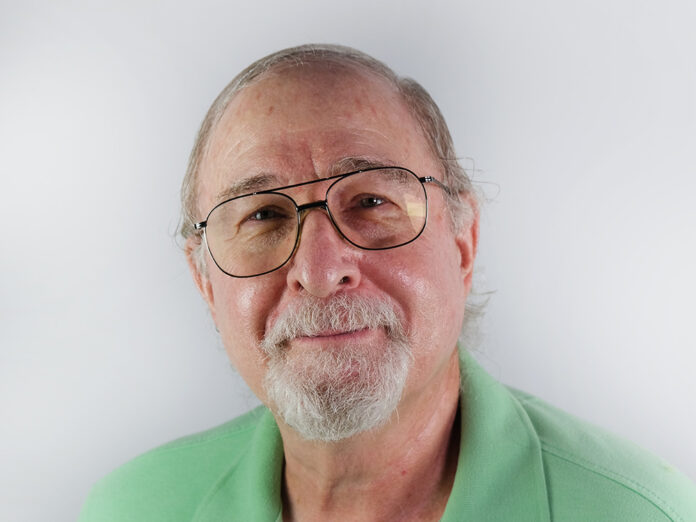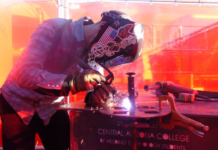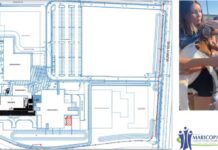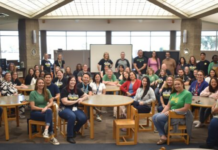
Some politicians promise to deliver a free college education – actually it is a tuition-free public college education.
Notice it is a college education not a college experience that will be provided. Many of the trappings of a college experience, such as intercollegiate sports, fraternities, sororities and dormitories, will not be present at the tuition-free school.
To reduce costs, which will allow the state to cover those expenses, majors will be limited to those that do not require the latest technology. Majors in the humanities, social sciences, the arts, business and mathematics will be available.
To study engineering or nursing, students may enter a two-year, pre-engineering or pre-nursing program, where they can complete core courses before transferring to a university that charges tuition. A limited number of research professors, in areas not requiring advanced technology, will be hired. Most faculty will focus on teaching. A master’s degree will be sufficient for most faculty positions, thus reducing salary expense.
A Ph.D. will be required for elevation to full professor and only research professors will be required to maintain scholarly research. Research faculty will have a reduction of one class per semester and a student assistant will be assigned to reduce the researcher’s administrative and grading time.
Tuition will be free but appropriate fees will be charged and textbooks must be purchased. Students who cannot afford these costs will work, at minimum wage, preforming clean-up, filing and other duties. The only athletic competition will be intramural, and fees will be charged for participation. Once again, students can perform on-campus tasks to pay these fees.
These tuition-free schools will be commuter campuses. Students who live more than 25 miles away and/or have no transportation available can live in the few available dormitory rooms, for an appropriate fee or in exchange for a fixed number of work hours.
Students must maintain a 2.5 (C+/B-) average to continue with free tuition. A student whose grades are deficient will be given free mentoring and tutoring. Students receiving academic assistance who do not obtain a 2.5 semester average will be considered for dismissal.
Classes will be held on underutilized public college campuses, especially at two-year schools. This can be done and will provide a tuition-free quality college education to those who seek to elevate their potential without incurring debt.
Murray Siegel, Ph.D., has 44 years of experience teaching mathematics. He is a volunteer at Butterfield Elementary School.












![Alleged car thief released without charges Phoenix police stop a stolen vehicle on April 20, 2024. [Facebook]](https://www.inmaricopa.com/wp-content/uploads/2024/04/IMG_5040-218x150.jpg)

![MHS G.O.A.T. a ‘rookie sleeper’ in NFL draft Arizona Wildcats wide receiver Jacob Cowing speaks to the press after a practice Aug. 11, 2023. [Bryan Mordt]](https://www.inmaricopa.com/wp-content/uploads/2024/04/cowing-overlay-3-100x70.png)


